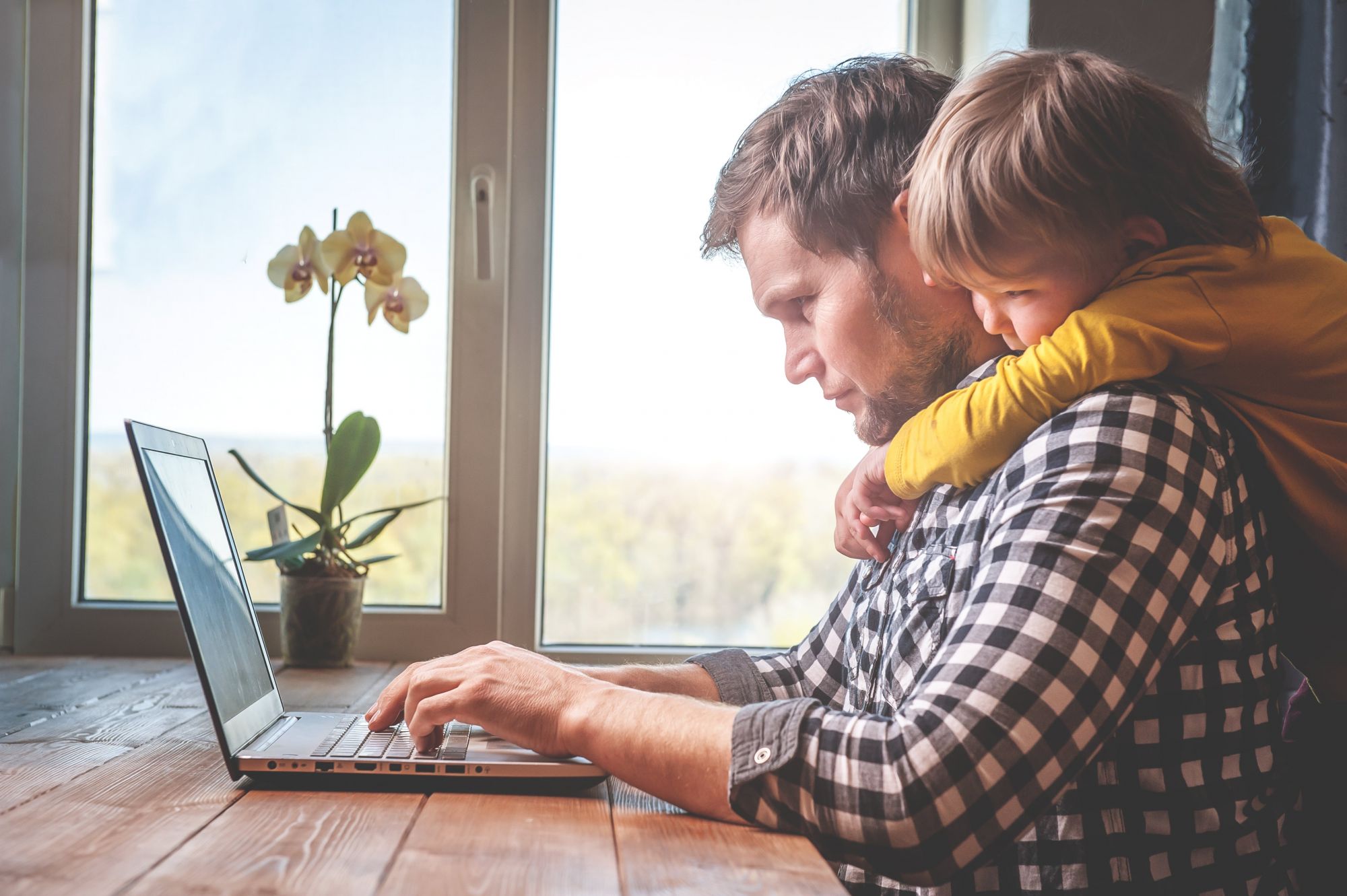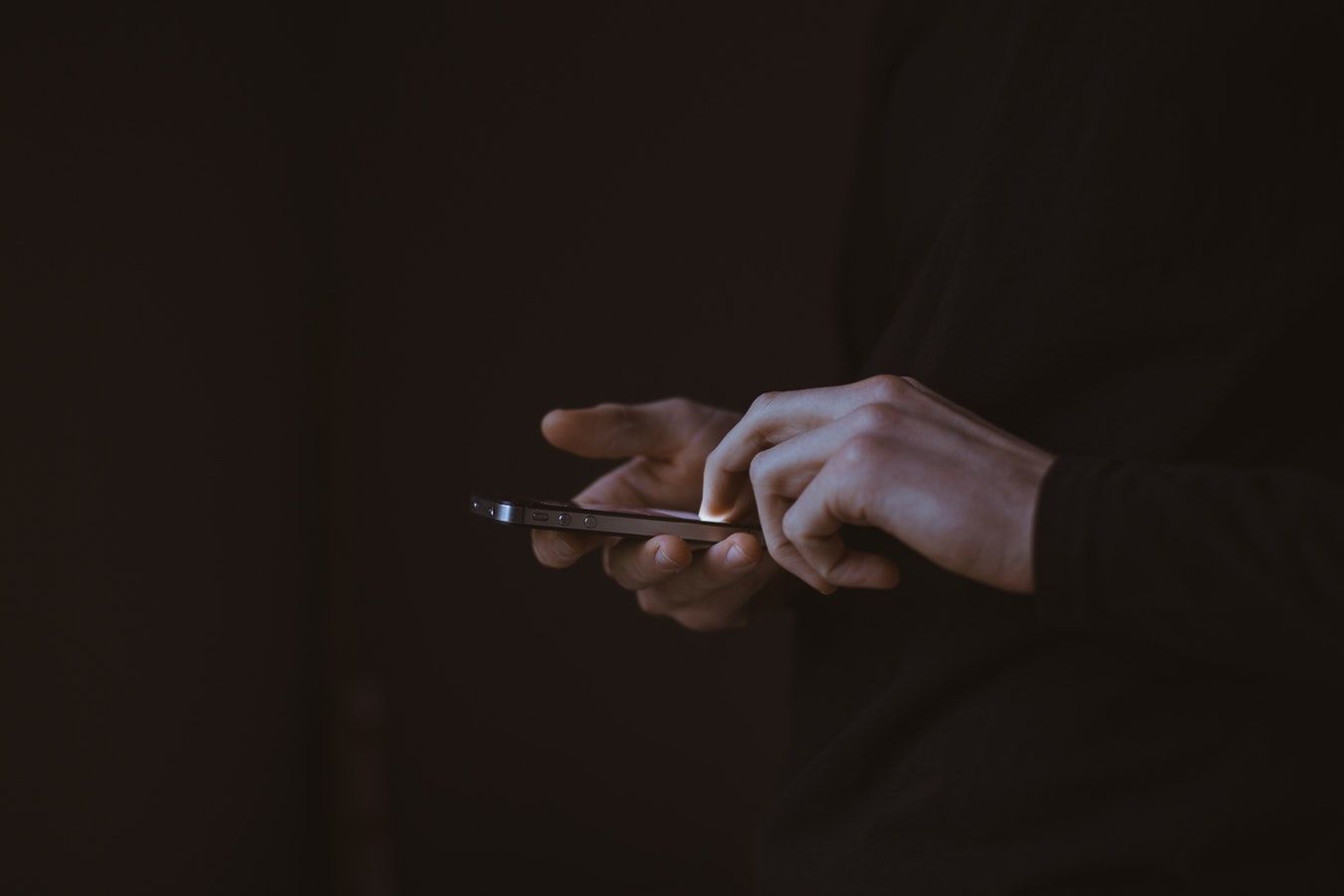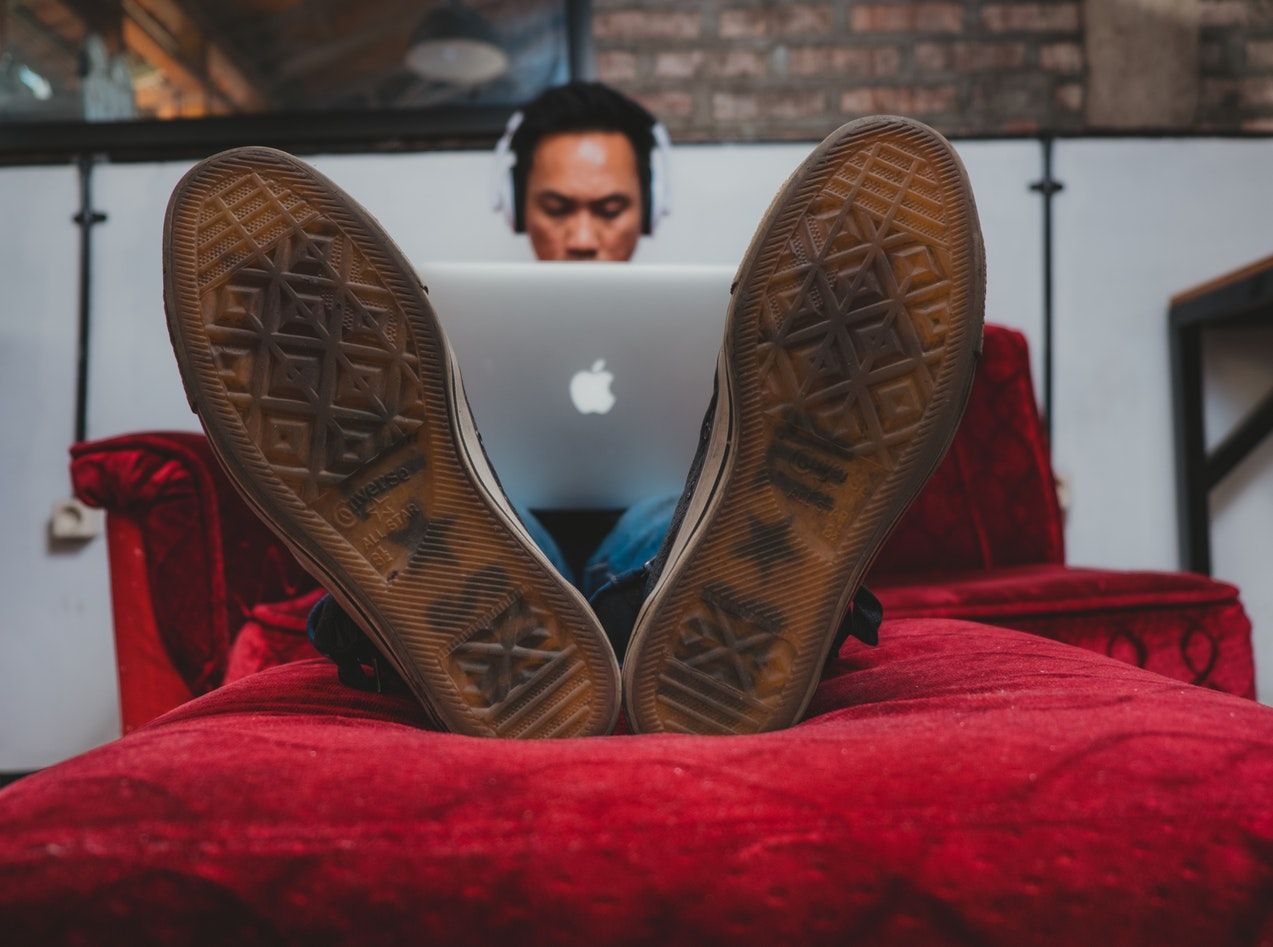Beware false prophets offering a quick fix to make you more productive. The simple truth? The obstacles standing between you and increased productivity are improved concentration and its arch nemesis—distraction. Here's how to improve your focus
We’ve all read those productivity articles—each one promising a shiny new work ethic, wrapped up in five easy-to-apply points. We’ve probably also all read them at our desks, procrastinating as a deadline inches ever closer. In reality, productivity is so much more than a mindset—and each one of us has a specific set of hurdles we need to tackle in order to reach our potential.
For some that's working alongside a screaming toddler, for others it's a frenetic, meeting-filled workplace or a jet-lagged sleep cycle. No two people are the same, so why should generic productivity hacks apply to us all?
We spoke to both productivity experts and Gen.T honourees to see how they block out the chaos, and grouped the advice into five key archetypes. Whether you're a Harried Parent or a Frequent Flyer, read on for tips on how to stay focused.
1. The Frequent Flyer

Anyone who travels knows that flying lie we all tell ourselves: “I’ll work on it on the plane”. And while the lack of high-speed Wi-Fi can make aeroplanes a good place to sit down and concentrate, more often than not busy airports, packed flights and red-eye schedules are the quickest ways to kill creativity.
“If you’re trying to work on something very dense, diving in while you're simultaneously waiting to hear if your flight is delayed or not, isn't the best idea,” says time management and productivity expert Claire Evans. “Instead, use that specific moment in time to work on something less intensive. Catch up on some reading. Double check that proposal. Allocate the right task to the right moment.”
While many airlines promise high-speed Wi-Fi, the reality is, well, frustrating, so look for the benefit in detachment. “When I see people on planes waiting for the Wi-Fi to slowly load each page, I wonder why they’re wasting their time,” says Gen.T honouree Steven Kim, the Indonesian-based, Korean-born, American-raised owner of Qraved (clearly a man in possession of many frequent flyer miles). “Surely there are other things you could be doing without Wi-Fi? Possibly even things that would benefit greatly from two to three hours without distraction.”




